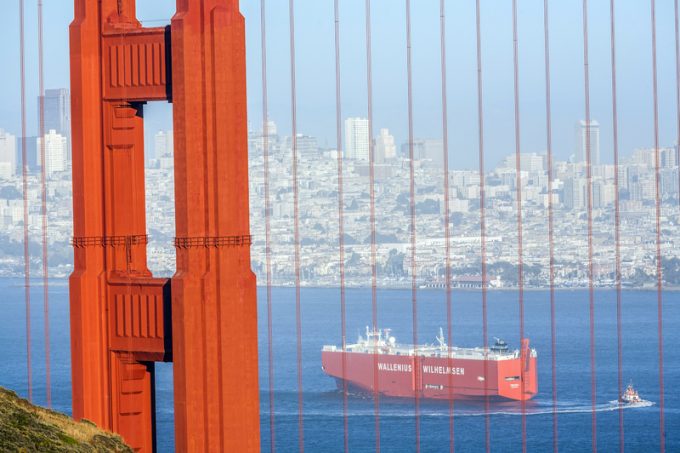Liners cut long-haul sailings, but 'it won't be enough' to stop rates tumbling
MSC and the Ocean and Premier container shipping alliances are withdrawing some transpacific and Asia-Europe ...

The Federal Maritime Commission (FMC) will allow a consortium of ro-ro shipping lines to jointly negotiate the procurement of tug services at US ports, but the decision was not unanimous.
Last week, the FMC voted four-to-one in favour of allowing an amendment to the service agreement between international car carriers Wallenius Wilhelmsen Logistics (WWL), Eukor, American Roll-on Roll-off Carrier (ARC) and Hyundai Glovis.
FMC chairman Mario Cordero said: “Careful analysis of what was proposed yielded no concerns about potential anticompetitive behaviour, or adverse consequences ...
Amazon pushes into LTL for small package fulfilment and UPS does a u-turn
New senior management for DSV as it readies for DB Schenker takeover
Volumes set to 'fall off a cliff' as US firms hit the brakes on sourcing and bookings
Asian exporters scramble for ships and boxes to beat 90-day tariff pause
Temporary tariff relief brings on early transpacific peak season
'Tariff madness' will prompt renegotiation of ocean shipping contracts
Forwarders 'allowing the fox into the chicken run' by supporting 'hungry' carriers
Response to tariffs by Chinese importers may see extra costs for US shippers

Comment on this article